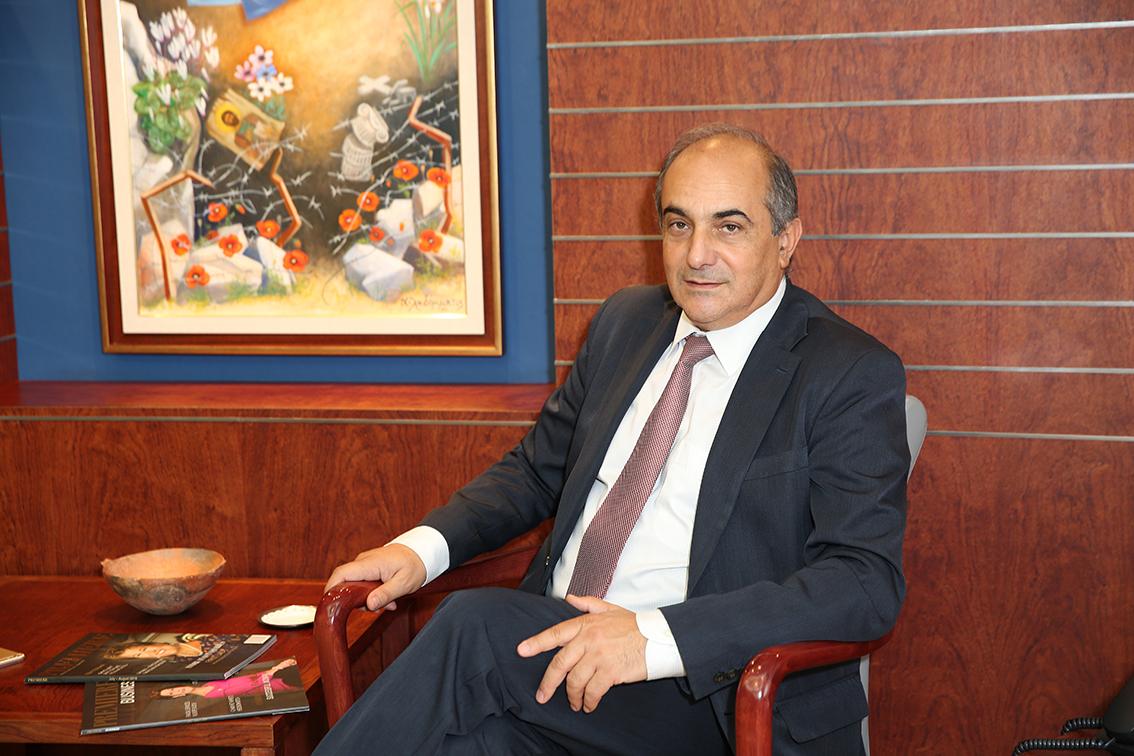The Supreme Court of Nicosia officially recognized sufficient grounds to continue criminal proceedings against former Parliament Speaker Demetris Syllouris and former AKEL MP Christakis Giovannis.
This decision marks a turning point in the high-profile case that began with an Al Jazeera journalistic investigation in 2020. The investigation focused on a program that granted Cypriot citizenship in exchange for investment. Through this program, hundreds of foreigners, including individuals with criminal records, were illegally naturalized.
Defense arguments and the position of the prosecution
At the last hearing, the defense sought to have the case dismissed, arguing that the evidence presented did not allow for charges to be brought beyond a reasonable doubt. However, the court rejected this argument. Sillouris and Giovannis's lawyers are now preparing a new defense strategy. One of the lawyers said that at least four witnesses, including former high-ranking officials, will testify during the trial.
In turn, the prosecution claims that the former speaker of parliament received at least €200,000 from the Giovani Group in exchange for promoting foreign clients under the passport program.
According to the investigation, his daughter received an additional €70,000 under a separate agreement. It has also come to light that Sillouris actively participated in events organized by Giovani and attended by potential investors. Although the House of Representatives had no official jurisdiction over naturalization matters, Sillouris contacted Interior Ministry officials about specific applicants who were, as it turned out, Giovannis's clients.

The history of the scandal: How the investigation began
An Al Jazeera documentary triggered one of the largest corruption cases in Cypriot history. Undercover journalists posed as representatives of a fictional Chinese businessman who had been convicted of money laundering and who allegedly wanted to buy Cypriot citizenship. The footage captured Sillouris and Giovannis offering assistance despite the “investor's” criminal record.
After the investigation was published in October 2020, both politicians resigned, and the Cypriot authorities immediately closed the program. It later emerged that 53% of the 6,779 passports issued had been issued illegally. The government has begun revoking some of these illegally issued citizenships.
Consequences and political repercussions
The “golden passport” scandal sparked a wave of criticism within Cyprus and from the European Union (EU), which initiated legal proceedings against Cyprus for violating EU law. Amid political pressure, the program finally shut down in November 2020.
The trial of Sillouris and Giovannisimone is of key importance, not only for Cyprus's legal system, but also for restoring trust in state institutions. The next hearings will determine if the former parliamentarians will face criminal charges for their involvement in corruption schemes.
